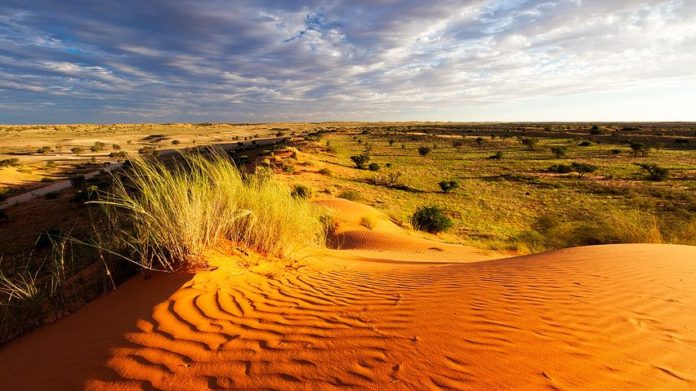
HIGH inflation, the supply chain crunch, and fiscal debt might lead countries around the world to resort to resource nationalism, warned Daniel Litvin, founder of Critical Resource.
He was part of a panel discussion at the second day of the Mining Indaba 2022 where participants weighed in on whether resource nationalism – which refers to governments’ tendency to exert control over a country’s natural resources – is justified and if so, under which circumstances.
According to Samuel Jinapor, Ghanaian Mines Minister, the term “resource nationalism” has become unfashionable among policy makers, especially if it refers to the outright expropriation (of assets), state control and intervention. “But there needs to be a careful balance to ensure a country’s citizens benefit from the mineral endowment within its borders, while also attracting finance and technology necessary for mining the minerals.”
He stressed the importance of policy certainty and the honouring of contracts (between government and the private sector). “The sanctity of contracts should be the norm, not the exception. And the legal framework needs to be known to investors. The rules can’t change in the middle of the game.”
His Zambian counterpart Paul Chanda Kabuswe said there has been a feeling among Zambian citizens that they haven’t seen the benefits from the minerals the country is known for, which leads to illegal mining.
“It’s like a meal is being cooked in my own kitchen but I can’t partake – I only get the smell.”
He said Zambia is working hard to create a space for small and artisanal miners, but will not tolerate illegal mining. “We will work hard to create a win-win situation for investors, the common person on the street and the country’s treasury.”
Litvin, whose company advises the private sector on political risk and ESG (environmental, social and governance) issues, pointed out that the term ‘resource nationalism’ is divisive. “For companies it’s a bad thing. For governments it means getting their fair share.”
Over the past few years, there has been an increase in resource nationalist tendencies, said Litvin. This view is also held by the risk analysis company Verisk Maplecroft who reported in 2021 that resource nationalism had increased in 34 countries. Verisk Maplecroft predicted the tendency will in all likelihood increase as countries attempt to make up for financial losses and lack of growth as a result of the Covid-19 pandemic.
According to Litvin, the soaring commodity prices create the impression that companies are making “too much money”. That perception, coupled with governments under pressure because of the pandemic, high energy prices and a potential food crisis, could fuel resource nationalism even more.
“The lesson is to mend the roof before the storm hits. Don’t let problems mount,” Litvin said.
He cited Tanzania as an example of a situation where things got out of hand where companies had perfectly legally negotiated tax holidays, but which in the end led to mounting political pressure.
Litvin’s advice to the private sector is to take to heart governments’ views and not “… play hardball. Companies are tempted to leap to conclusions that (a particular) government is irrational. Don’t be arrogant and try to strong arm the government.”
He said mining companies should learn lessons from previous episodes, such as when Western oil companies were booted out of the Middle East and still haven’t returned to the region. “You could be out for a generation.”









